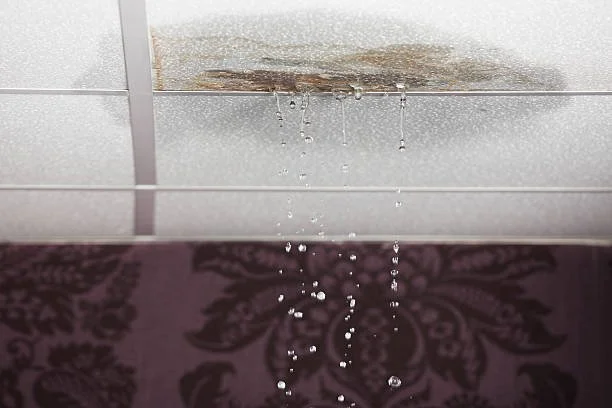What To Do if Your Home Has a Leak
RH Business Marketing Solutions
Your home relies on water to serve you, but you always assume that the water in your home is contained safely in the pipes, water heater, proper appliances, or various kitchen and bathroom fixtures. Water quickly turns from friend to foe if it gets the chance to start going where you don't want it, and that's when it might start hurting your home and possessions. Even newer homes can suffer plumbing leaks, and that's why you need to know how to identify plumbing leaks, how fast they can hurt your home, and what to do about them.
If you find that your home has a severe leak requiring urgent attention, then the first thing you need to do is to switch the water off. The specific location for this might vary with each home, but a stop valve or cock is often located near or in a bathroom or kitchen so you can cut the water off for your entire home. If there's a lot of water in your home, you might also want to turn off the electricity and gas supplies if you can do so safely.
Next, find out where the leak is. Plumbing runs throughout a home, so there are plenty of potential sources. That, unfortunately, makes finding a leak location hard to do. Leaks can happen at pressure points, on your roof, or even on a neighboring property. Depending on the size and scope of the leak, applying emergency sealant might stop the leak until you can get a plumber in.
Remove any extra water that has pooled together. The longer water is left to sit in your home, the more damage can result. You might be able to clean up puddles with towels and bed sheets, but more considerable flooding might need a wet-dry vacuum or even a pump.
Start drying things out as soon as possible, and contact a plumber. Mildew and mold can happen within just a day or two of flooding, so promptly starting the drying-out process is crucial to minimizing water damage. A plumbing professional can determine the true source of leaks and address them so they don't hurt your home again. Ask about using sealant throughout the home to reinforce joints and pipes, so they're less likely to leak in the future.
How a Leak Can Damage a Home if Left Unattended
Water is necessary for health and survival, but it can also be destructive. It can soak everything it touches in just the first 24 hours of a leak or flood. That ranges from books and photos to drywall, furniture, and window frames.
If left for a week, the damage to your home's physical structure can worsen. Mold can form in 48 hours or less and turn into a biohazard in the place you call home. Wood and metal surfaces can both wind up suffering corrosion.
When water is in place for over a week, the costs and work involved with restoration go up exponentially. Even if your home and possessions can be saved, it might not be worth it. After enough time, your home might not even be safe to stay up.
What To Check if You Find the Leak in Your Home
If you suspect a leak in your home, there are certain things you can check to verify. Your family's water usage might be pretty consistent from one month to the next, which means that changes in your water bill could indicate something is amiss. If you have access to your live water meter, you might see it moving even when no fixtures or appliances are used. Check your yard for any patches of grass greener than the rest that might be growing faster because of a buried leak. Other potential clues include dripping sounds, wall discoloration, bulging wallpaper, and bubbling paint.
Protect Your Property
Once you get a professional plumber on the scene, let them take over fixing the leak itself. Dry and deep-clean any possessions that you can salvage or replace what is past worth saving. Keep an eye on your water bill moving forward to be sure the leak is fixed, and make checking around fixtures and appliances for the sight or sound of water a regular part of your lifestyle and home maintenance. If you suspect another leak is happening, deal with it as quickly as possible. Consider using sealant everywhere to keep your home safe now and in the future.
Written by Taylor McKnight, Author for Uni-Grip Inc.
